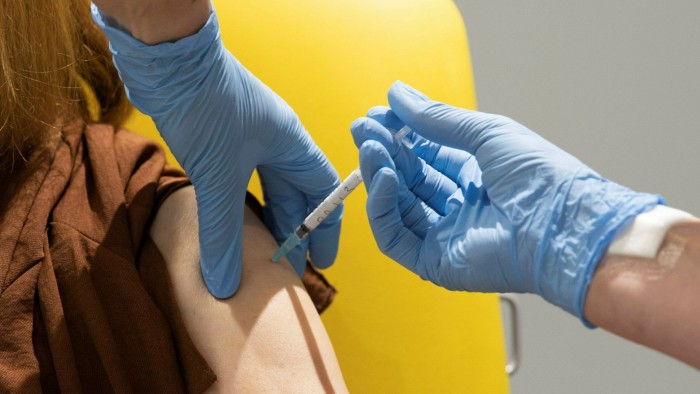py_megapixel
Established Member
Could you possibly provide a link to this? It's not that I doubt this was said, it's just not something I've head.The head of the vaccine task force in the UK has said that the risk of covid for people under 50 does not outweigh any potential risk from the vaccine.
We won’t be getting it. Therefore restrictions for us are pointless.
I would be very surprised if under-50s would be artificially denied vaccination, once it was sufficiently available and once it is proven not to be dangerous. This will take years, but I would imagine the virus will exist for long enough that it will still be worth vaccinating against in a few years' time.Everyone isn't going to get it, so its a moot point.
No, but some pragmatic measures should remain - for example, restricting capacity in indoor public spaces. (In many cases pre-Covid I found the likes of shopping malls, leisure centres etc. to be more crowded than is comfortable)Do you think there should be another year of lockdowns and restrictions until every pensioner gets their shot?
Clearly the Government's strategy of just throwing random restrictions which sound about right needs to go, but that doesn't mean that some changes, executed correctly, couldn't be beneficial.
Sorry, I misread your previous point... my apologies.You're missing my point. I'm not offering an alternative vaccination strategy because prioritising vulnerable groups is the only sensible strategy to my mind.


